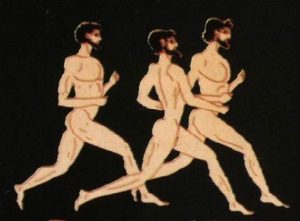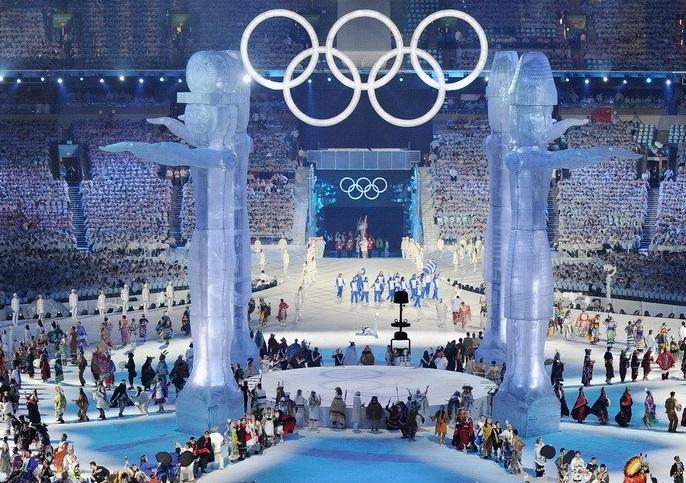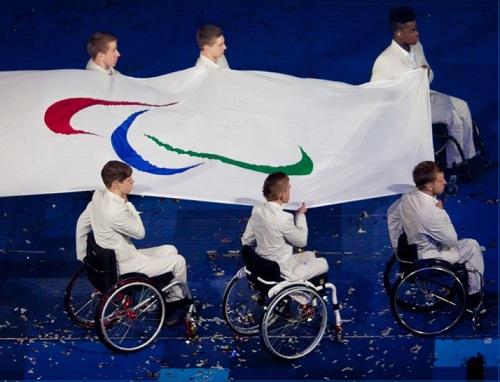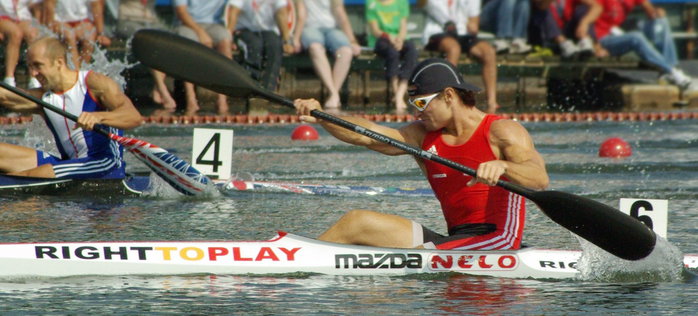OLYMPIC GAMES. HISTORY OF OLYMPIC GAMES
 One of the brightest and most popular events on the planet is the Olympic Games. Any athlete who has managed to climb the podium at the Olympic competitions will receive the status of Olympic champion for life, and his achievements remain in the world history of sports for centuries. Where and how did the Olympics originate and what is their story? Let’s try to briefly understand the history of the occurrence and holding of the Olympic Games.
One of the brightest and most popular events on the planet is the Olympic Games. Any athlete who has managed to climb the podium at the Olympic competitions will receive the status of Olympic champion for life, and his achievements remain in the world history of sports for centuries. Where and how did the Olympics originate and what is their story? Let’s try to briefly understand the history of the occurrence and holding of the Olympic Games.
Story
The Olympic Games originated in ancient Greece, where they were not only sports, but also a religious holiday. Information about the very first games and their origin has not been preserved, but there are several legends that describe this event. The first, documented date of the celebration of the Olympic Games – 776 BC. e. Despite the fact that the games were held before, it is believed that they were founded by Hercules. In 394 BC, with the advent of Christianity as the official religion, the emperor Theodosius I forbade the holding of the Olympic Games, since they began to be regarded as a kind of pagan phenomenon. And, nevertheless, despite the ban on games, they did not disappear completely. In Europe, local competitions were held, somewhat reminiscent of the Olympic Games. After some time, the games were resumed thanks to Panayotis Sutzos, who proposed this idea, and thanks to the public figure Evangelis Sapas, who brought it to life.
The first modern Olympic Games took place in 1896 in the country where they originated – in Greece, in Athens. An International Olympic Committee (IOC) was created to organize the Games, the first president of which was Demetrius Vikelas. Despite the fact that only 241 athletes from 14 countries took part in the first Modern Games, they had great success, becoming a significant sporting event in Greece. Initially it was assumed that the Games would take place in their homeland, but the Olympic Committee decided that the venue would change every 4 years.
The Second Olympic Games of 1900, held in France, in Paris, and the Third Olympic Games of 1904, held in the USA in St. Louis (Missouri), were less successful, with the result that the Olympic movement as a whole experienced the first crisis after significant success. Since the Games were combined with the World Exhibitions, they did not arouse much interest from the audience, and sports competitions lasted for months.
In 1906, the so-called “intermediate” Olympic Games took place again in Athens (Greece). At first, the IOC supported the holding of these Games, but now they are not recognized as Olympic. There is an opinion of some sports historians that the Games of 1906 were a kind of salvation for the Olympic idea, which did not allow the Games to lose their meaning and become “unnecessary”.
All rules, principles and regulations are defined by the Charter of the Olympic Games, approved in Paris in 1894 by the International Sports Congress. The Olympiad is counted from the time of the first Games (I Olympiad – 1896-99). Even if the games are not held, the Olympiad gets its own serial number, for example, the VI Games of 1916-1919, the XII Games of 1940-43 and the XIII Games of 1944-47. The Olympic Games are symbolized by five rings of different colors, fastened together (Olympic rings), denoting the unification of the five parts of the world – the top row: blue – Europe, black – Africa, red – America and the bottom row: yellow – Asia, green – Australia. The selection of venues for the Olympics is carried out by the IOC. All organizational issues related to the Games are not decided by the chosen country, but by the city. The duration of the Games is approximately 16-18 days.
The Olympic Games, like any strictly organized event, have their own specific traditions and rituals.
Here are some of them:
– before the opening and closing of games held theatrical performances, representing the viewer the appearance and culture of the country and the city in which they are held;
– solemn passage through the central stadium of athletes and members of delegations. Athletes in each country are sorted in alphabetical order of country names in the language of the country in which the Games are held, or in the official language of the IOC (English or French). Before each group is a representative of the host country, on which is a sign with the name of the country. He is followed by a standard bearer carrying the flag of his country. This very honorable mission, as a rule, is given to the most respected and titled athletes;
– certainly the president of the International Olympic Committee makes a welcoming speech. A speech is also made by the head of state in which the Games are held;
– The flag of Greece rises as the country in which the Olympic Games originated. His national anthem is being played;
– raised the flag of the country in which the Games are held, and also follows the performance of its national anthem.




